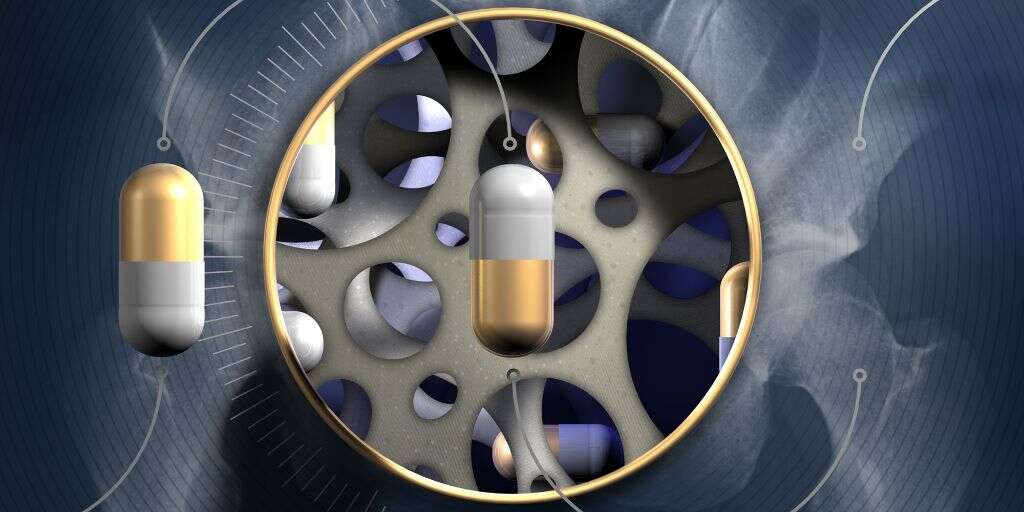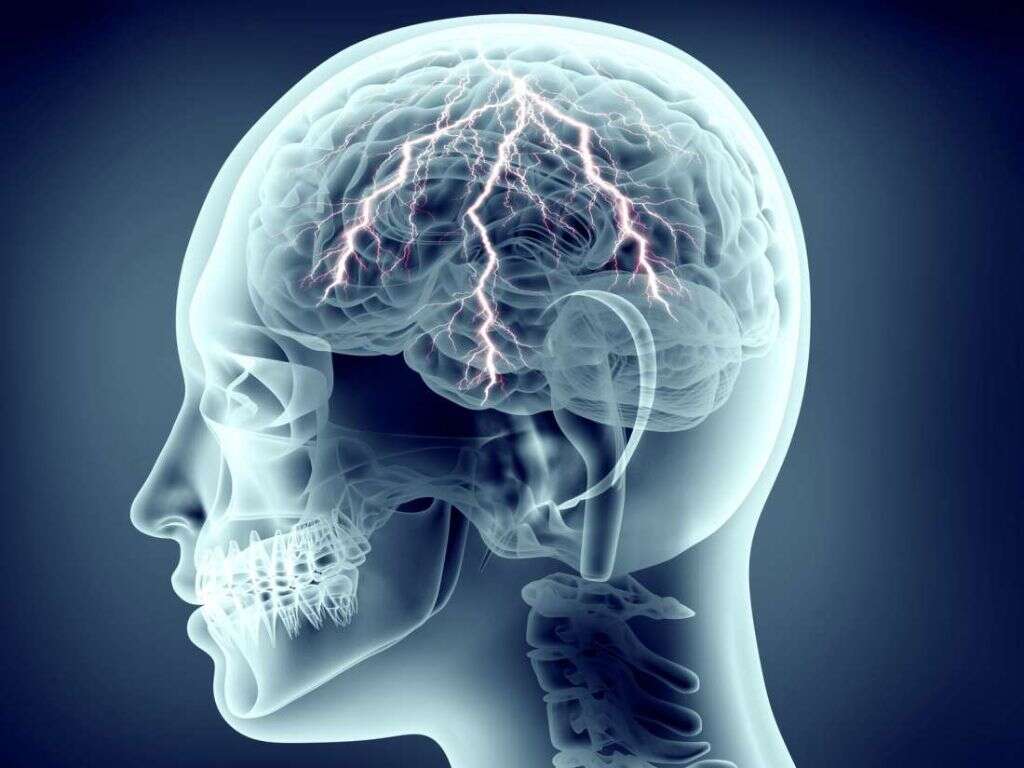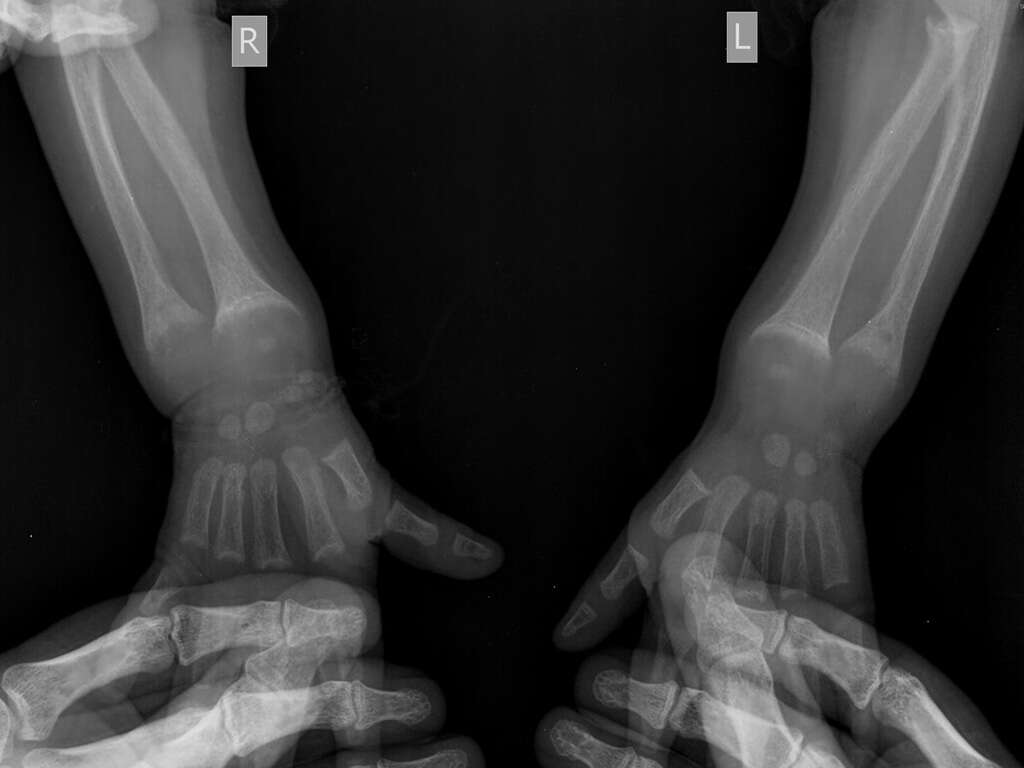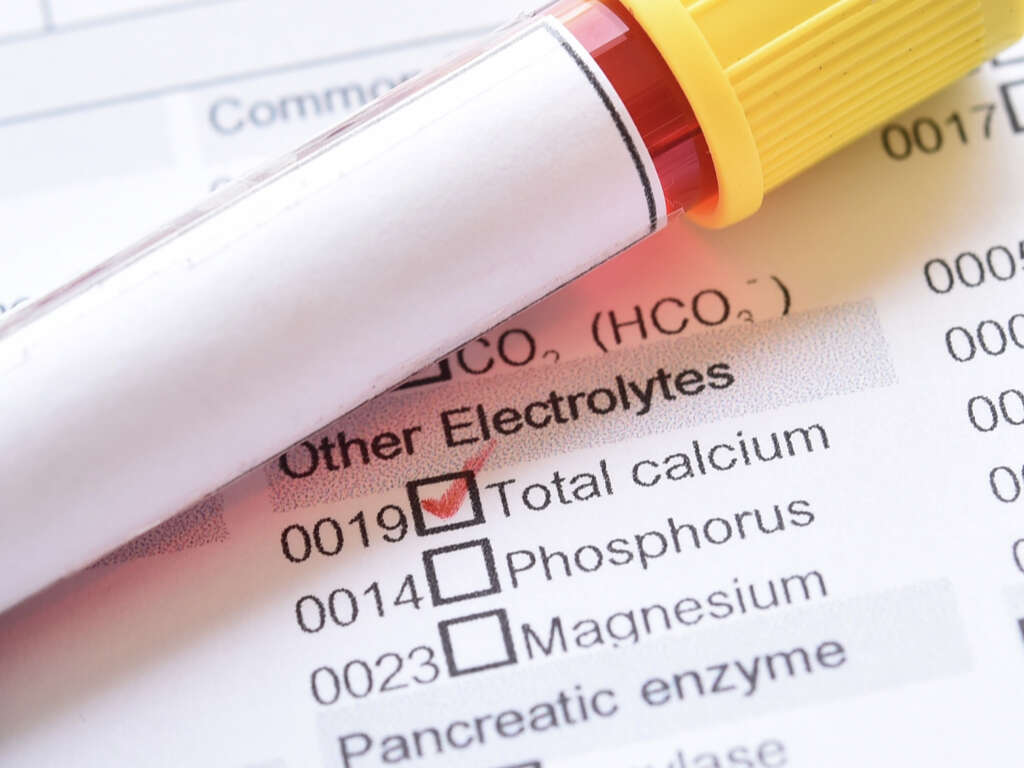What Is Hypercalcemia?
Hypercalcemia is a condition resulting in too much blood calcium. It can be initiated by disease, genetics, or outside influences, such as supplements. Pinpointing the cause is important so the hypercalcemia can be resolved. If left untreated, it can bring on a host of problems and serious complications throughout the body.
Signs and symptoms of this condition are often associated with the words moans, stones, groans, and bones, reflecting four of the main areas impacted by the excessive calcium. Although some hypercalcemia is mild and symptom-free, a severe case can cause life-threatening complications. Understanding this condition can help to reverse or manage the complications related to it.
1. Concerns and Causes: Within the Body
The most common cause of hypercalcemia is overactive parathyroid glands, a condition known as hyperparathyroidism. The four tiny glands in your neck regulate blood calcium through hormone release. Too much hormone means too much calcium. Benign tumors in a parathyroid gland may cause the malfunction.
Lung, breast, bone, or blood cancers may contribute to hypercalcemia. Genetics governing the calcium receptors in your body may result in increased calcium, but this condition doesn’t cause complications. Hypercalcemia may also indicate kidney failure or lung disease.
2. Concerns and Causes: Outside the Body
Certain medications, such as thiazide diuretics used to treat high blood pressure, can increase blood calcium by preventing calcium release into the urine. Lithium, used to treat bipolar disorder, may cause an overactive parathyroid gland. Excessive vitamin D levels from supplements can raise blood calcium levels over time.
Ingesting too much calcium carbonate by taking antacids and acid reflux tablets is a fairly common cause of hypercalcemia. Dehydration reduces the fluid in your blood which can increase calcium concentrations. Excessive time sitting or lying down can prompt bones to release calcium into the blood.

3. Signs and Symptoms: Moans
Gastrointestinal conditions may be early indicators of hypercalcemia. An associated increase in gastric acid can cause stomach upset, decreased appetite, nausea, and vomiting. This increase may also contribute to the formation of peptic ulcer disease.
When dehydration is present, constipation may worsen. Acute pancreatitis is a dangerous condition that may result from high calcium caused by hyperparathyroidism in rare cases. This diagnosis may be confirmed by the presence of both high parathyroid hormone levels and high blood calcium levels.
4. Signs and Symptoms: Stones
Excess calcium ends up in the kidneys. The formation of stones can occur over time from the concentration of crystals that develop when there is too much calcium in the urine. Passing a kidney stone can be extremely painful and can lead to kidney damage.
Excessive thirst and frequent urination may also indicate that the kidneys are having to work harder to get rid of the calcium. Severely high levels of calcium can damage the kidneys permanently, leading to renal failure. Hypercalcemia may also occur independently after kidney transplants, impacting up to 30% of transplant recipients.

5. Signs and Symptoms: Groans
The groans of hypercalcemia refer to the effects on the nervous system. Lethargy and fatigue are often early symptoms. Forgetfulness may precede memory loss and can be barely noticeable at first. These conditions may increase in severity as the level of blood calcium increases.
The severity of symptoms often relates to the length of time that calcium levels remain high and how fast the rise in calcium occurred. Psychosis, confusion, dementia, depression, and eventually coma can result in high blood calcium levels if left untreated and uncontrolled.
6. Signs and Symptoms: Bones
When hypercalcemia is caused by excess calcium being leached from the bones, skeletal symptoms usually develop. Some people may have bone thinning called osteoporosis. Loss of bone calcium may also result in osteomalacia, a softening of the bones. As a result of both these conditions, easy fracturing of the fragile bones may occur from little or no trauma.
Mild to severe aches, pains, and arthritis may be present. Curvature of the spine and height loss could result from the lack of calcium. Bone cysts and pseudo gout may also develop. Because an excess of the parathyroid hormone also contributes to skeletal disorders, symptoms may be worse if the hypercalcemia is caused by overactive parathyroid glands.

7. Diagnosis and Discovery
Identifying elevated blood calcium concentrations requires a simple blood test. Maintaining blood calcium levels in a healthy range can difficult for a number of reasons. If hypercalcemia is indicated, diagnostic tests should include examination of the parathyroid glands and measurement of the hormones they produce. Cancers and other medical disorders should also be considered.
Discontinuing certain medications, supplements, and antacids may be necessary to rule out possible causes. Any dehydration should be monitored, and exercise should be increased. Because a hypercalcemia crisis can be a medical emergency, the immediate response to high levels is usually aggressive treatment with intravenous (IV) fluids.
8. Treatment and Therapy: Medication
Your doctor may recommend medications to improve the hypercalcemia. Bisphosphonates are a group of drugs given by IV to treat osteoporosis. They can also quickly lower high blood calcium levels due to cancer, however risks including bone fractures are possible. If your vitamins D levels are too high, short term use of steroids such as prednisone can help.
Other types of drugs such as calcimimetrics may be used to control overactive parathyroid glands if they are causing the hypercalcemia. Although it could induce nausea, the salmon-based hormone called calcitonin may also control calcium levels.

9. Treatment and Therapy: Surgery
Because hypercalcemia is usually due to an overactive parathyroid gland, treatment may include surgical removal of the offending gland or glands. Many times, the overactivity is caused by a benign parathyroid tumor. Nearly all affected glands or tumors can be removed in a minimally invasive outpatient operation.
It is not necessary to remove healthy parathyroid glands when only one or more are malfunctioning. You can live a normal life with less than four glands. A small incision will allow a surgeon to examine all the glands during the operation so that the healthy ones can be left in place. Over 98% of patients undergoing an outpatient operation are left with two or more glands. This cures the parathyroidism and the resulting hypercalcemia.
10. Complications and Cardiac Care
Although not listed in the typical symptoms of moans, stones, groans, and bones, disruption in heart function can be a rare complication of hypercalcemia. Abnormal heart rhythm (arrhythmia) can occur as the excess of blood calcium affects the electrical impulses that regulate heartbeats.
Other cardiac complications may include palpitations and fainting. A sudden high spike of blood calcium may even cause death. The calcium level must be lowered immediately to prevent heart damage or damage to the central nervous system.











